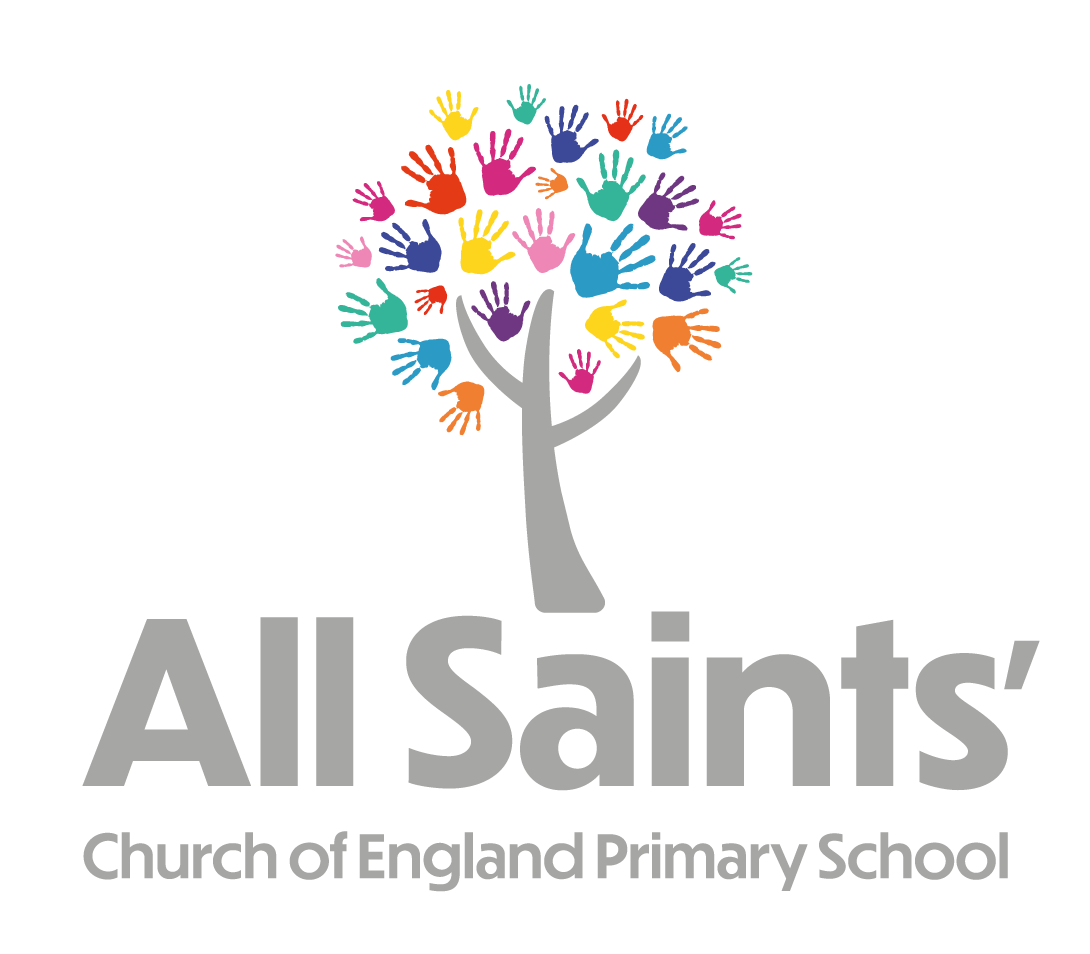2. What is the impact of science at All Saints'?

Evidence of an ambitious, broad and balanced science curriculum is shown in children’s science books, pupil surveys, science visits and collective worship. Children will become increasingly independent in science, selecting their own tools and materials and completing pupil-led investigations. Children will understand scientific disciplinary knowledge and types of scientific enquiry. Ongoing and end of unit assessments also measure the impact of the curriculum. Knowledge organisers will support embedding knowledge. Children will know the uses and implications of science in the wider world. They will be able to apply their scientific knowledge to real life problems and use their investigation skills to independently complete experimental work as they continue their learning journey as young scientists. Scientific understanding, as well as children’s spiritual, moral, social and cultural development is further developed by the school’s Christian ethos and also contributes to the celebration of the school community’s cultural diversity.

Early Years harvesting their sunflowers


Year 1 looking for signs of the seasons An example of Year 1 work on materials

An example of Year 2 work on eating the right amounts of different types of food

An example of Year 3 work on investigating soil composition
An example of Year 4 work on electric circuits Year 4 had a zoom call with a dentist in Cardiff. She answered lots of excellent questions.


An example of Year 5 work on separation techniques Year 5 learning about our solar system.



